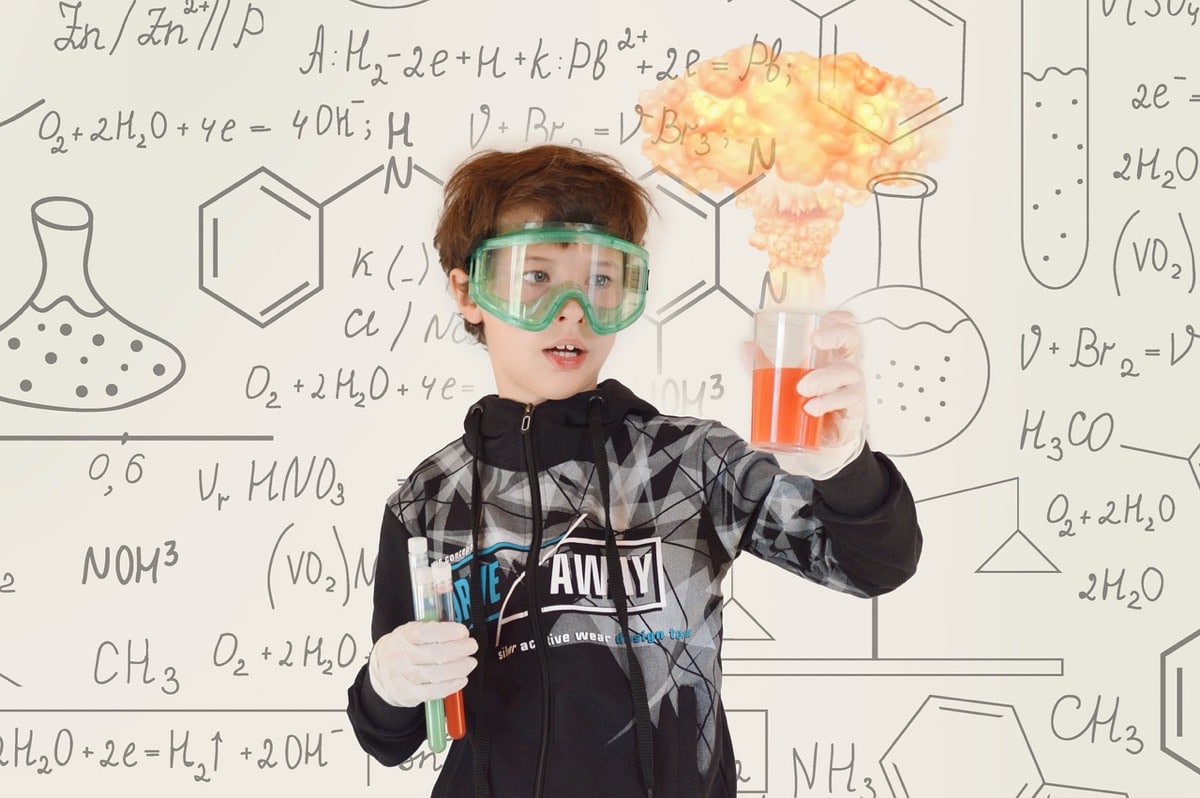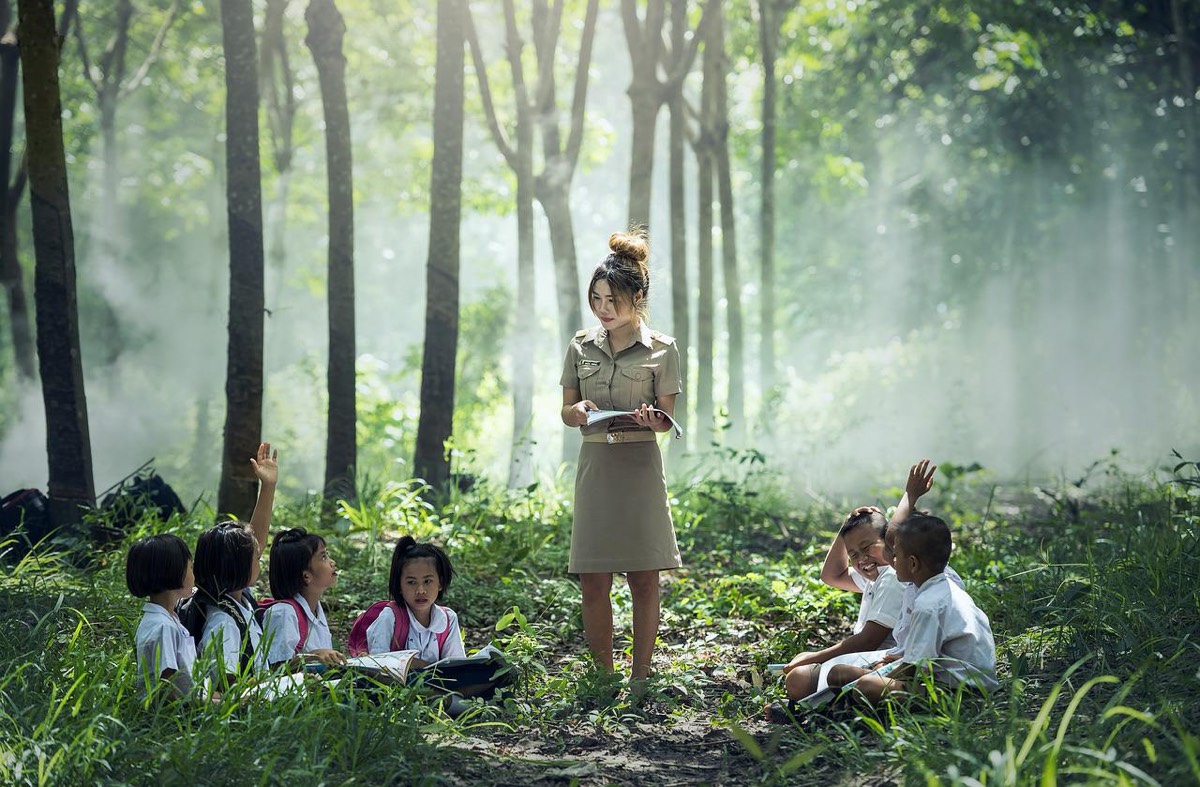We all deserve access to education, but it is important that we are given the opportunity to learn in a way that accommodates and respects our individual needs and differences. Traditional models of learning have often favored those with good memories, but learning is much more than just succeeding in an exam. This is where experiential learning comes into play.
Experiential learning is a learning theory that provides an alternative to more traditional learning models. So we are going to explore what the experiential learning cycle is like and its long-term benefits in the lives of the little ones.
What is experiential learning?

Learn through practice. This is the basis of experiential learning theory. Experiential learning focuses on the idea that the best way to learn things is to experience them. These experiences remain engraved in the mind, helping to better retain information and remember what has happened during the experience.
David Kolb is primarily known for his work on experiential or experiential learning theory. Kolb published this model in 1984. Experiential learning theory works in four stages: concrete learning, reflective observation, abstract conceptualization and active experimentation. The first two stages of the cycle seek to capture an experience, while the other two concentrate on transforming the former into an experience. Kolb supports the idea that effective learning is seen as the learner moves through the loop and can enter the loop from any point. Let's see the stages of it in a little more detail:
- concrete learning it is when a student gains a new experience or interprets a past experience in a different way.
- En reflective observation the student reflects on his personal experience. He uses the perspective of his experience and understanding of it to reflect on what it means.
- abstract conceptualization occurs when the student forms new ideas or adjusts his thinking based on the experience and his reflection on it.
- active experimentation it is where the student applies the new ideas to the world around him, to see if any modifications need to be made.
Kolb's experiential learning cycle model

The cycle of experiential learning is based on the idea that each person has a specific type of learning and, therefore, they are dominant in certain stages of experiential learning. For example, some students will be more proficient in concrete learning and reflective observation, while others will be more proficient in abstract conceptualization and active experimentation. The four of them learning styles proposed by Kolb are:
- Divergent. Learning style in which students look at things from a unique perspective. They prefer to observe rather than act, and they also have a great imagination. These students like to work in groups more, they are very interested in different cultures and people. They tend to focus on concrete learning and reflective observation, wanting to observe rather than actively engage.
- assimilant. This learning style implies that students obtain clear information. These students prefer concepts and summaries over people, and explore options using analytical models. These students focus on abstract conceptualization and reflective observation in experiential learning style.
- Convergent. Convergent students solve problems. They apply what they have learned to practical problems and prefer technical tasks. They are also known to experiment with new ideas and their learning focuses on abstract conceptualization and active experimentation.
- Accommodating. These students prefer practice. They enjoy new challenges and use intuition to help solve problems. These students use concrete learning and active experimentation when learning.
Benefits of experiential learning

Here are some benefits that experiential learning offers teachers and students:
- It's an opportunity to immediately apply the acquired knowledge. Experiential learning can allow students to immediately apply what they are learning to real-world experiences. These help them retain information better.
- development of teamwork. Experiential learning often involves working and collaborate with other people, so learning in this environment allows students to practice teamwork, which is very important in a work environment.
- Improved motivation. The students they are more motivated and excited about learning in experiential settings. Experiments are exciting and fun for students, it's a great way to capture their attention and develop their love of knowledge.
- opportunity for reflection. Students using the experiential model can spend time reflecting on what they have experienced and learned. This is of great value as they are better able to retain information when they reflect on what has happened to them.
- real world practice. Students can greatly benefit from learning to prepare for the real world. Experiential learning focuses on the use of real situations to help students learn so that they are better prepared for their future.